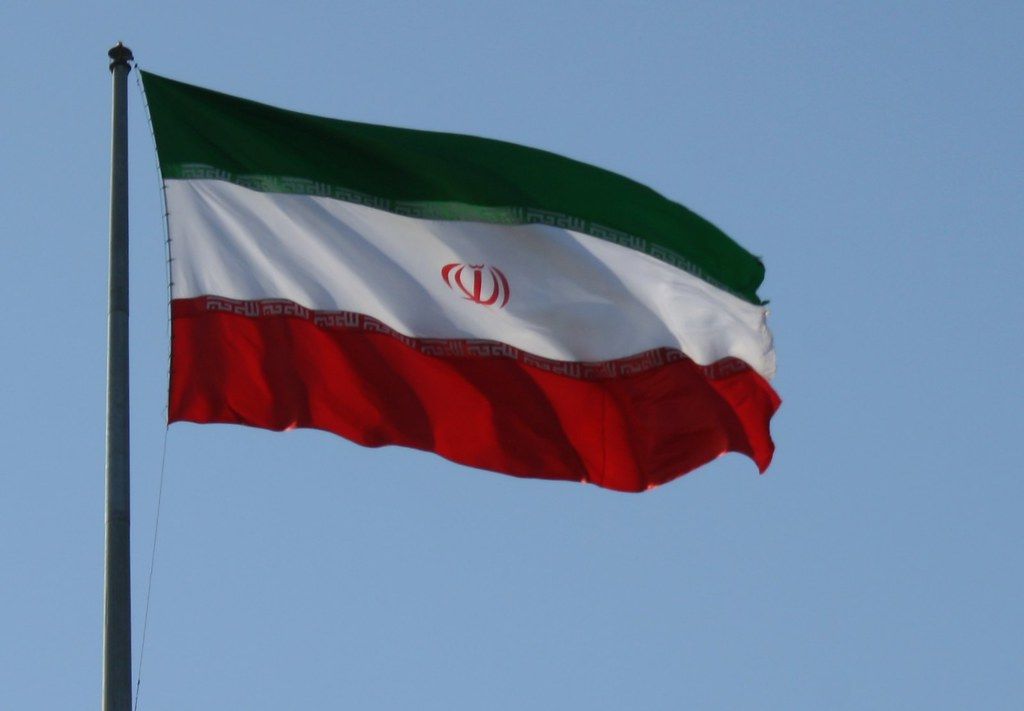Iran on Sunday announced the death of Behnam Mahjoubi jailed over a 2018 protest by a religious sect days after he was hospitalised from being “poisoned”.
Iran’s prisons organisation said Behnam Mahjoubi was hospitalised in Tehran after he “was recently poisoned through the arbitrary consumption of drugs”, in a statement published on Mizan Online, the judiciary’s official website.
“Special medical care was administered after he was hospitalised, but despite the medical team’s efforts, the prisoner unfortunately passed away,” it added.
Mahjoubi, a member of the Sufi Gonabadi order, was imprisoned after taking part in a demonstration the group held in February 2018, and began serving a two-year sentence last June.
Rights groups earlier in the week expressed alarm after Mahjoubi was hospitalised in a critical condition. Campaigners had been urging Iran for months to release him because of ill health.
The Office of the United Nations High Commissioner for Human Rights said Mahjoubi was “critically ill” and that it was “gravely concerned by the lack of transparency” after he went into a coma on February 12.
The prisons organisation statement said Mahjoubi’s cellmates claimed he had “willingly, and with no medical consultation, consumed several of his own and other prisoners’ drugs”, adding that those claims “are being investigated”.
Also read: IAEA Chief says ‘temporary understanding’ reached with Iran on nuclear deal
Doctors found “several bags containing black powdered materials in his stomach”, it said, but added the exact cause of death would be determined after autopsy.
The February 2018 protest sparked by anger over the treatment of the Sufi community was one of the largest religion-focused demonstrations in Iran in recent years.
Five security personnel were killed and more than 300 people arrested during demonstrations by the Gonabadis in northern Tehran.
Emerging in the 19th century, the Gonabadi order is one of the most prominent Sufi branches in the Islamic republic.







